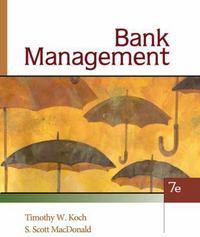Question
2) Suppose you own a car worth $20,000. You have accident insurance, but your policy does not cover insurance against theft. The insurance company quotes
2) Suppose you own a car worth $20,000. You have accident insurance, but your policy does not cover insurance against theft. The insurance company quotes a price of an additional $100 a year to fully insure your car against theft.
a)Suppose you are a risk-neutral expected payoff maximiser who has a good estimate of the probability ( [0,1]) that your car might be stolen next year. At what probability p would you be indifferent between insuring and not insuring your car against theft for a premium of $100 a year? (1 mark)
b) How would your answer to part a) change if your preferences were characterised by Prospect Theory rather than Expected Utility Theory? (2 marks)
c) The insurance company also offers a partial theft insurance that pays you 90% of the value of your car (i.e. $18,000) and this policy only costs $60 a year. What might be the reason for the partial insurance to be much cheaper than the full insurance?
(2 marks)
Step by Step Solution
There are 3 Steps involved in it
Step: 1

Get Instant Access to Expert-Tailored Solutions
See step-by-step solutions with expert insights and AI powered tools for academic success
Step: 2

Step: 3

Ace Your Homework with AI
Get the answers you need in no time with our AI-driven, step-by-step assistance
Get Started


